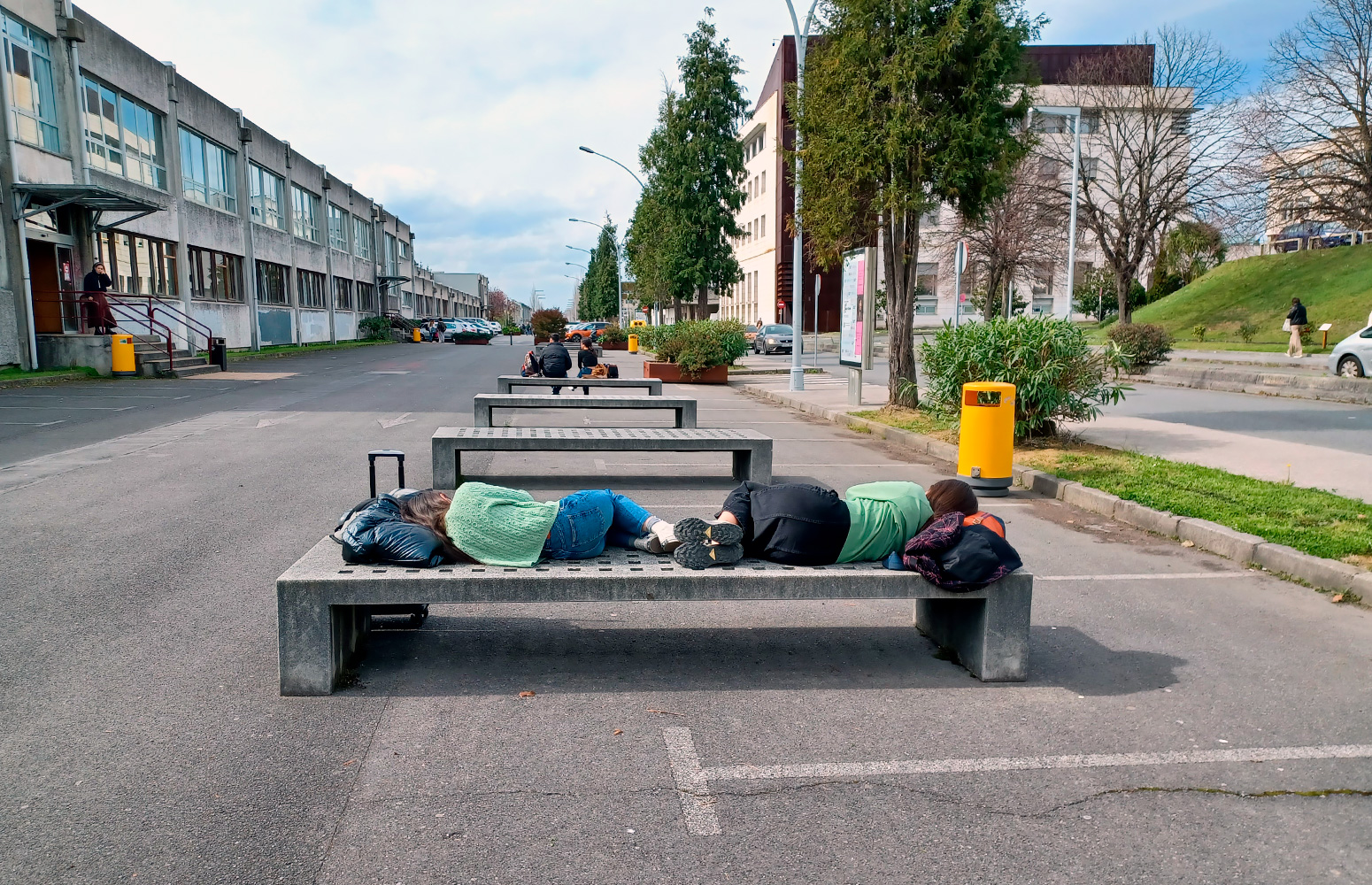A study conducted at the UPV/EHU’s Faculty of Psychology regards giving visibility to LGBT identity in education as essential in enabling the discrimination being endured by this group to be overcome. The prevalence of LGBT-phobic bullying in the BAC (Basque Autonomous Community) was explored. Among the conclusions drawn, the study highlights the fact that adolescents with non-normative sexual orientations or identities suffer both physical and verbal or virtual aggression more frequently.
-
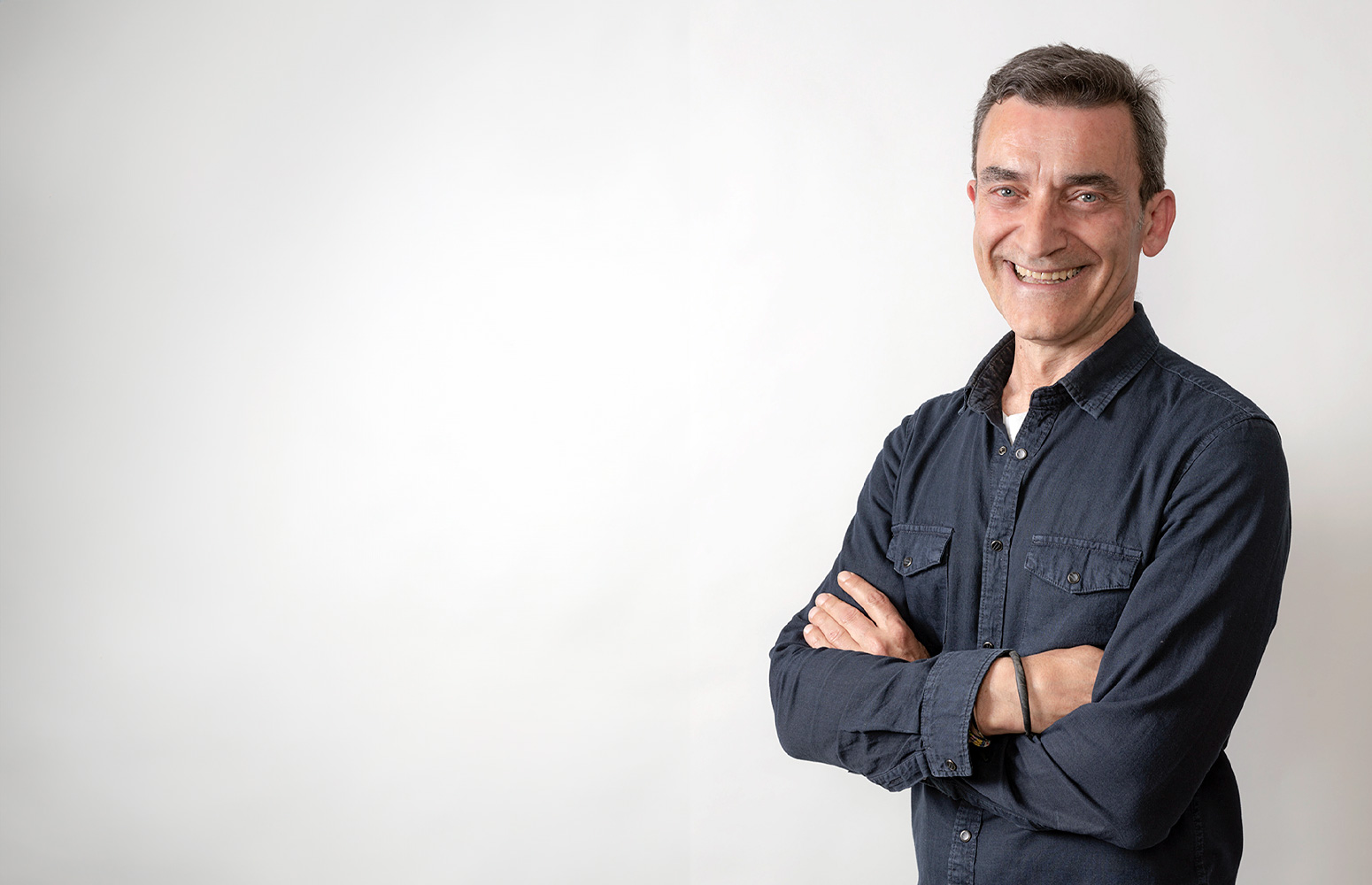
In memoriam: Arturo Muga
-
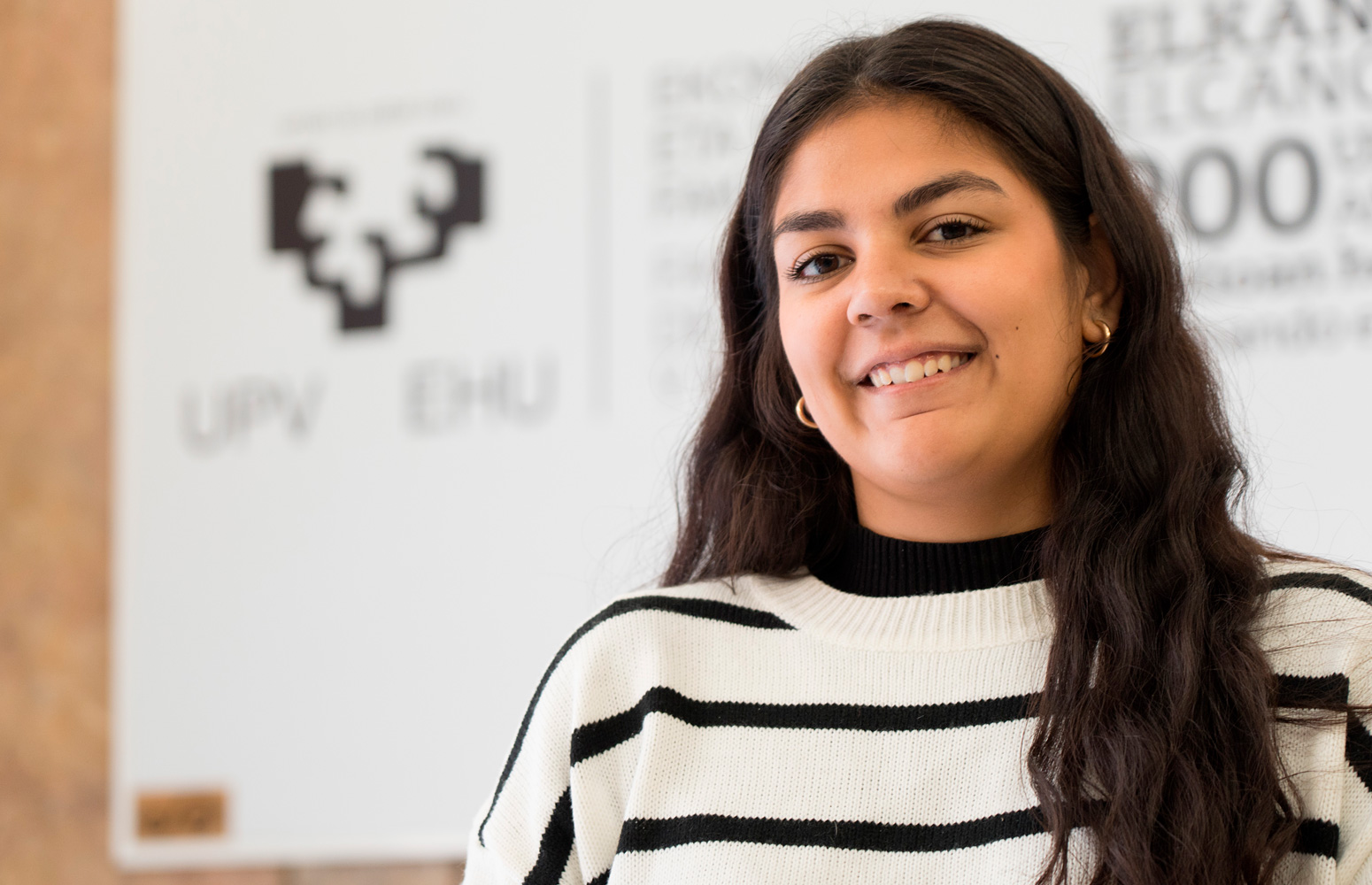
Violeta Pérez Manzano: «Nire ahotsa ijito bakar batengana iristen bada eta horrek inspiratzen badu, helburua bete dut»
-
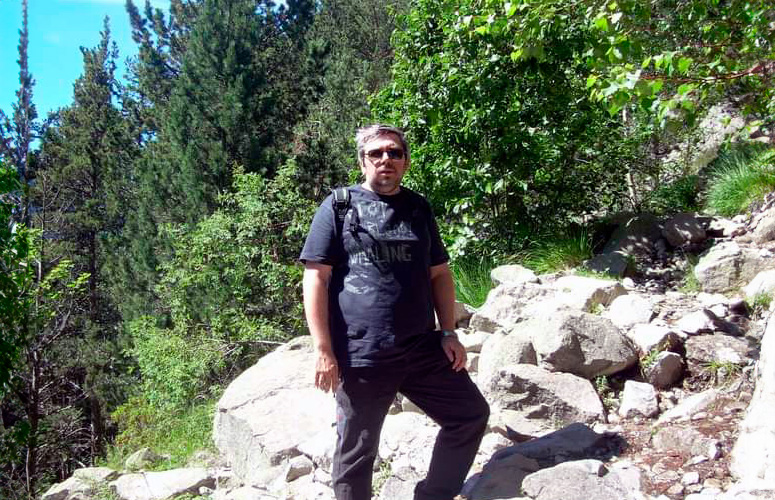
In memoriam: German Gazteluiturri Fernández
-

Itsasoaren gainazalaren tenperatura-igoerak aldaketa sakonak eragin ditu makroalgen komunitateetan
-

Azukrea eta edulkoratzaileak. Zer jakin behar dut?
Discrimination endured by victims of bullying is even greater if they are not heterosexual
A piece of research by the UPV/EHU reveals the huge task that still needs to be tackled to overcome heteronormativity in education
- Research
First publication date: 08/10/2019
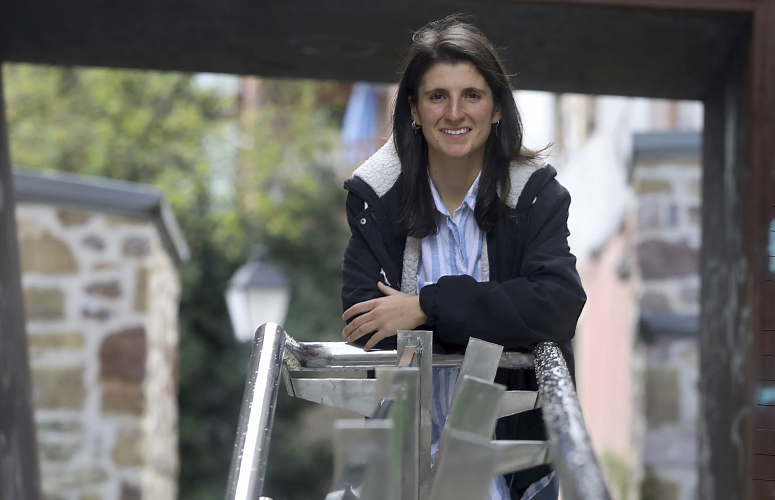
A piece of research conducted in the Department of Personality, Assessment and Psychological Treatment in the UPV/EHU’s Faculty of Psychology has studied the prevalence of school bullying and cyber bullying among the adolescent population in the BAC. “Previous pieces of research concluded that people in the LGBT group have higher rates of psychopathological symptoms but the research failed to delve into their causes. I set out to compare whether there was any difference in terms of sexual orientation or identity among the victims of adolescent school bullying,” said Enara Larrain-Mariño, a PhD holder in psychology and author of the study.
For her work she prepared a set of questionnaires to be responded to within a period of two hours and which were completed by 1,748 adolescents between the ages of 13 and 17. The questionnaires included some on school bullying (both face-to-face and electronic), others on LGBT-phobic bullying and cyber bullying, some on attitudes towards sexual diversity, plus others to find out about personality traits and mental health.
The researcher recalled the difficulties she came up against trying to muster the sample of youngsters and highlighted the negative response she got from many schools, indicating the huge task that still has to be tackled: “Bullying is an issue that sparks huge controversy and many schools just close their doors on it. What is more, timetables and methodologies tend to be very rigid and normally they lack space for workshops or external activities.”
A problem which calls for changes in education
The results of the research “are worrying and reveal the amount of work that lies ahead in education,” stressed Larrain. “In the study we also gathered data on general bullying and cyber bullying, and although we did not carry out an in-depth analysis of them, because they were outside the subject of our study, we saw that the results coincided with those obtained in other studies: 11% of students are victims of bullying, a higher proportion among boys in general, but in the case of cyber bullying, the percentage of female victims is growing.”
In addition, the results obtained in the questionnaires on LGBT-phobic bullying and sexual diversity “have revealed the seriousness of the problem. 60% of the people in the LGBT group declared they had at some point suffered some type of school bullying and 13% had suffered serious bullying. In this case, too, it is boys who endure LGBT-phobic attacks more often”, specified the PhD-holder in psychology.
When studying how the bullying endured by many members of the LGBT group affects their personality and psychological state, and checking it against the effect on their heterosexual classmates who also endure bullying, “we came across significant differences. Non-heterosexual victims displayed more psychopathological symptoms and more serious ones, such as obsessive-compulsive disorder, depression or hostility”, said Larrain. They also found differences in personality traits and saw, for instance, that non-heterosexual victims “have higher levels of empathy”, but at the same time, “lower levels of comprehension, emotional regulation and happiness”.
Faced with this situation, the researcher stressed the whole task that still has to be tackled in schools: "LGBT people find greater support in the family, whereas it is in society and at school that they suffer the greatest discrimination. We came across shortcomings in the education system which aims to express tolerance and respect towards people who freely display their sexuality. Among other measures I believe, firstly, that schools should open their doors to initiatives to assess and work on issues as important as this; secondly, they should incorporate into their syllabuses specific actions to work on the issues of sexual orientation and identity in order to combat school bullying, and lastly, they should give visibility to LGBT identity. It would be of great help for boys and girls who from an early age feel they are homosexual to have references, for example, and that the messages, textbooks and audiovisual materials should depart from heteronormativity. Right from a very early age we get messages of this type and internalise them without realising it, and these are then used by schoolchildren to criticise anyone who is different. They often do so unwittingly and it’s something that has to change.”
Additional information
Enara Larrain-Mariño (Donostia-San Sebastian, 1992) is a graduate in Nursing but the interest she has always had in psychology prompted her to do a Master’s in Psychology. One of the lecturers on the Master’s course, the Professor of Psychology Maite Garaigordobil-Landazabal, later supervised her PhD thesis which is the framework of this study. The thesis is entitled Bullying LGTB-fobikoa Euskal Herriko nerabeetan: prebalentzia, aldagai psikologikoekiko lotura eta eragina osasun mentalean (LGBT-phobic Bullying in the Basque Adolescent Population: prevalence, its link with psychological variables and its effect on mental health).


